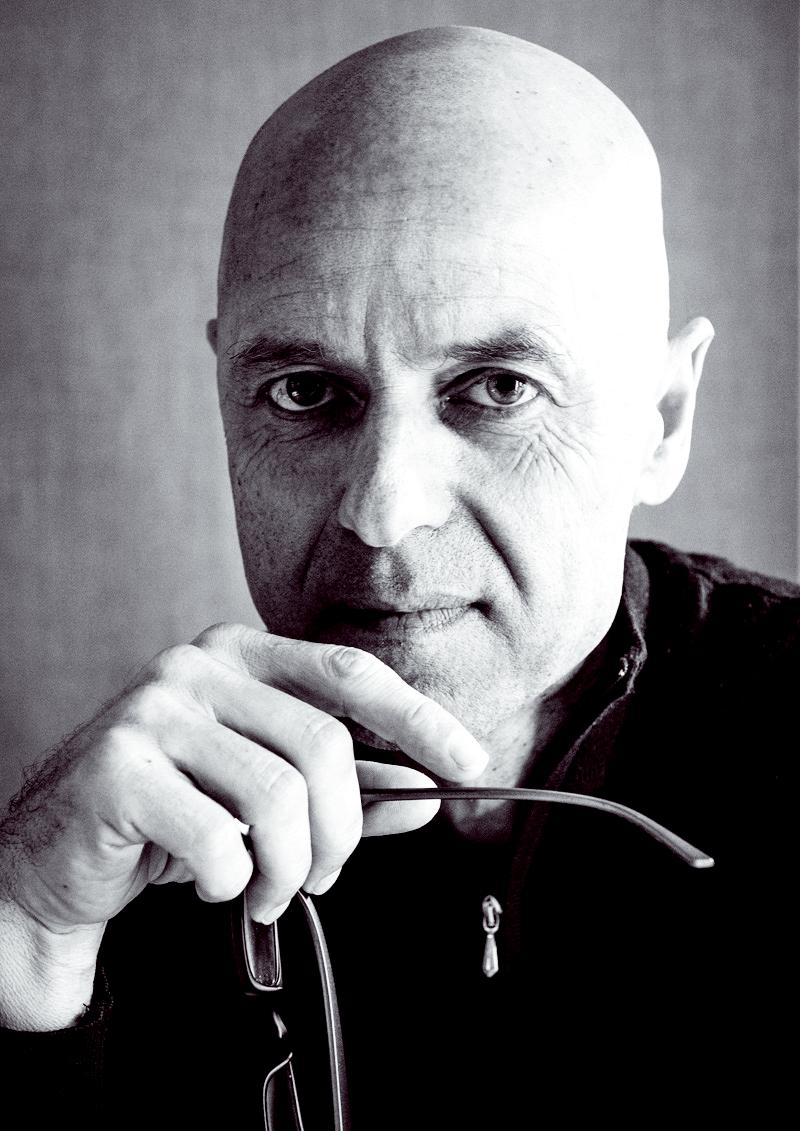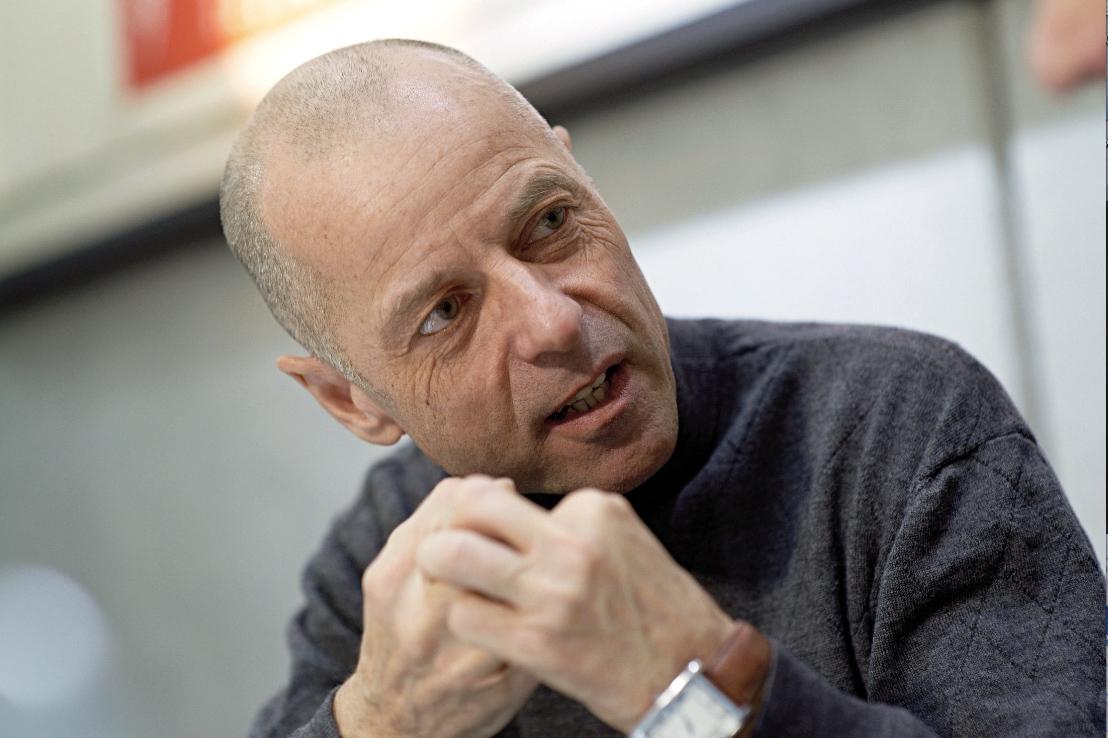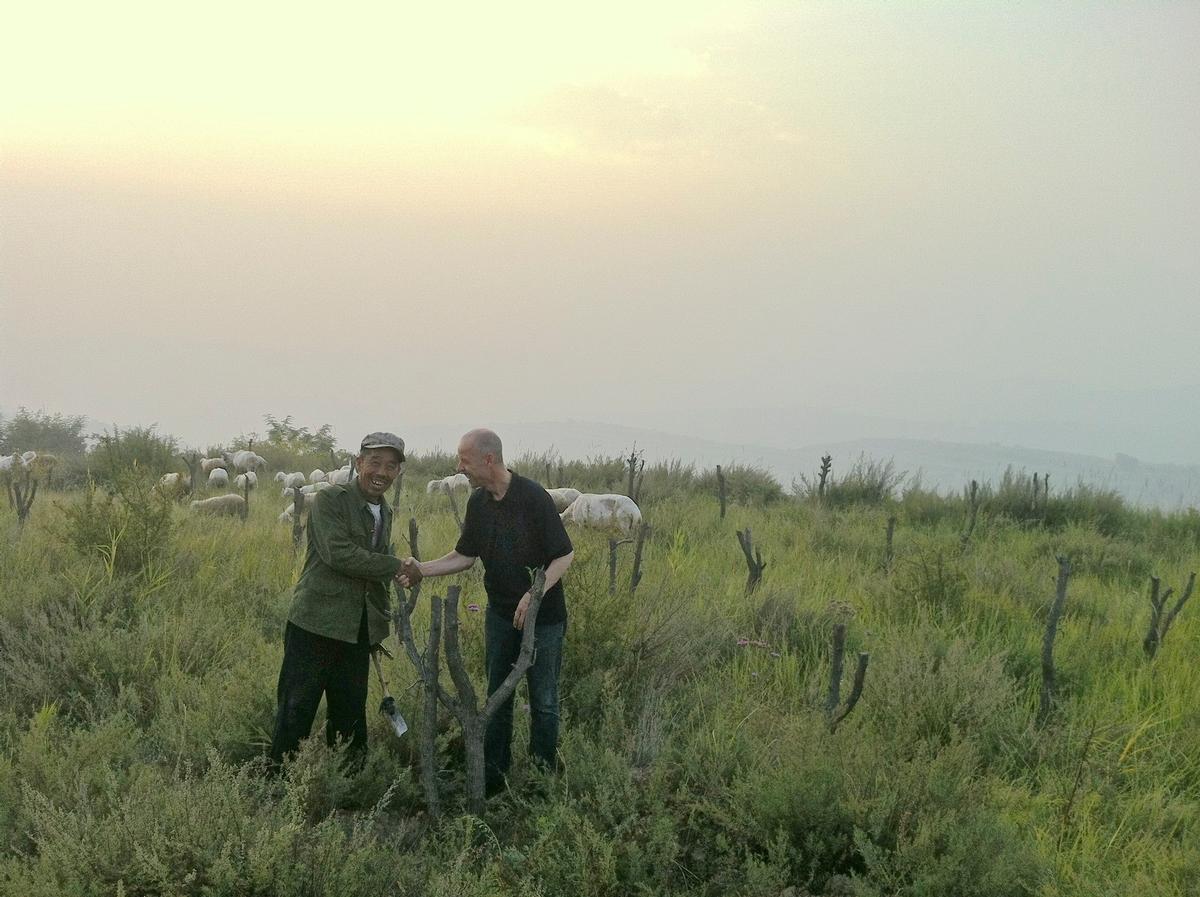see all jobs
German architect plants forest to make up for carbon footprint

German architect Wolfgang Frey has made a strong commitment to sustainable practice by creating his own forest as a means of repaying his carbon dioxide debt.
The site, located on China’s Xishan mountain, covers 12.4 acres and has been planted with more than 6,000 trees.
Frey – who has advised Chinese government ministers and German Chancellor Angela Merkel on issues of sustainability – has several ongoing leisure and housing projects in China and travels to the country several times each year.
He started planting acacia trees on each visit in 2014 to make up for his carbon footprint, and now adds 600 new ones a year.
“Everyone should live more sustainably, whether they are architects or not,” Frey told CLAD. “While there are many ways to build in a sustainable and mindful fashion, our environment is always impacted in some way by construction. The goal of this project is to minimise our negative impact by offsetting our carbon footprint and becoming more aware of the ultimate outcome of our building decisions.”
The architect also owns 111 acres of forest in Germany, in which wood is sustainably grown and extracted to use in his own environmentally-friendly architectural projects. The roots and crown of a tree – “which contains 50 per cent of the minerals” – are retained to decompose rather than being removed completely, which leaves the soil barren and results in deforestation.
According to Frey, there are two challenges to creating environmentally sustainable buildings – the technological and the psychological.
“The second of these is the larger challenge,” he said. “Sustainability needs to be trendy so people will catch on. As architects we need to illustrate our efforts towards green practices in an attractive way. The trend needs to move toward durability, much like seat belt laws. What was once optional is now mandatory and most people abide by it without even thinking.”
His Freiburg studio, Frey Architekten, are putting this philosophy at the heart of low-impact project in Zuhai, southern China that stretches 1.3 miles along the city's waterfront. Parks, walking trails and water sanitation facilities are being added to the site in a way that makes the drive towards sustainability “transparent for everyone.”
“We will illustrate the city’s sustainability efforts, which will in turn positively impact people’s attitudes about their own behaviours,” Frey argued. “Eventually, the idea of sustainable cities and sustainable living will unify in the residents’ mindsets.”
More News
- News by sector (all)
- All news
- Fitness
- Personal trainer
- Sport
- Spa
- Swimming
- Hospitality
- Entertainment & Gaming
- Commercial Leisure
- Property
- Architecture
- Design
- Tourism
- Travel
- Attractions
- Theme & Water Parks
- Arts & Culture
- Heritage & Museums
- Parks & Countryside
- Sales & Marketing
- Public Sector
- Training
- People
- Executive
- Apprenticeships
- Suppliers

















































